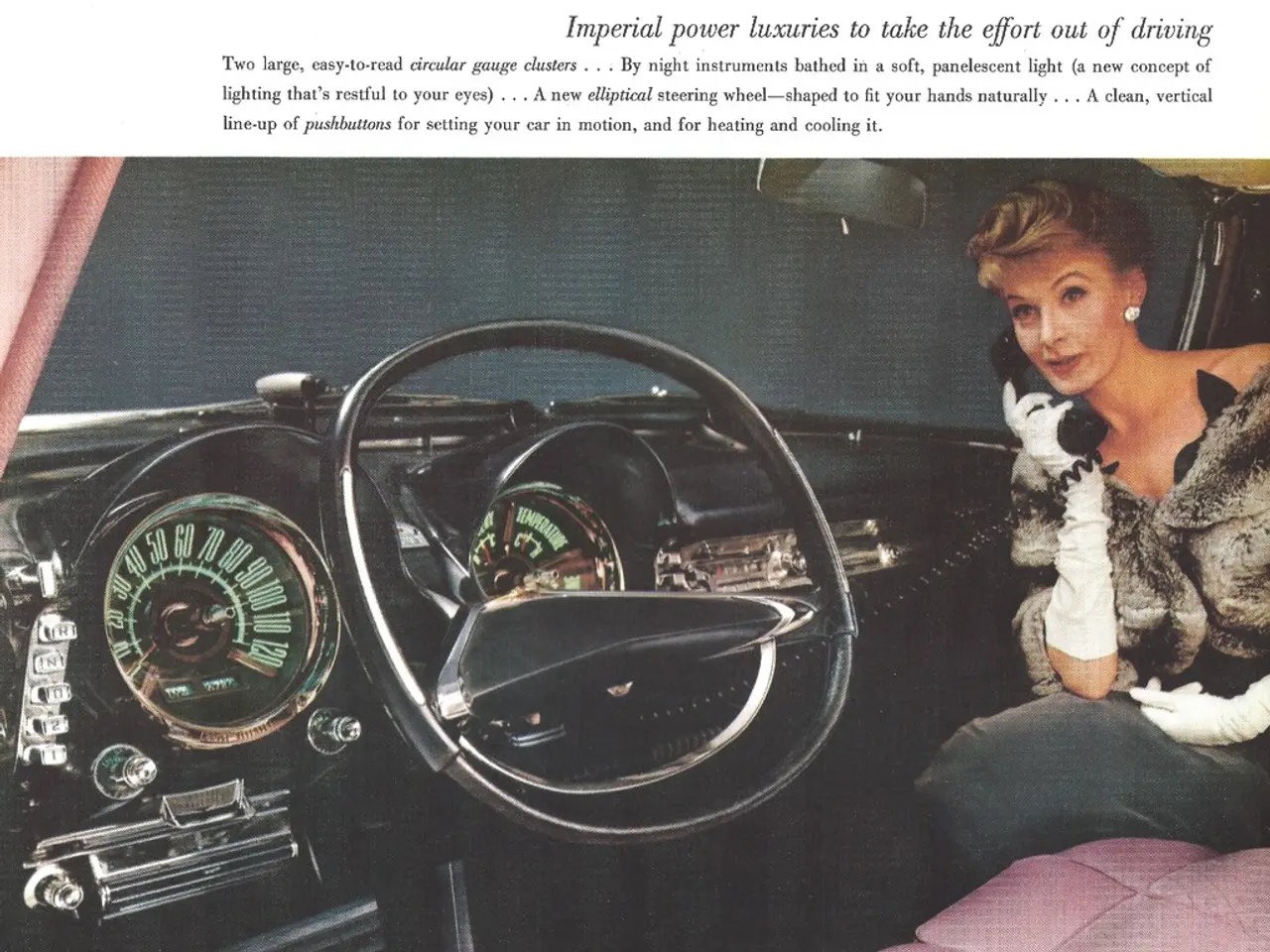Celebrating Two Decades: A Retrospective on Weeds, the Pioneering Show that Transformed the Landscape of Suburban Television Drama
Weeds, the groundbreaking cable comedy series that premiered on Showtime in 2005, has left an indelible mark on television history. Created by Jenji Kohan, the show centred around Nancy Botwin, a recently widowed housewife played by Mary-Louise Parker, who turns to selling marijuana to support her family.
The series, which ran for eight seasons and 102 episodes, was a catalyst for the rise of "mom crime" and morally ambiguous female leads in modern television. Nancy Botwin's portrayal as a flawed, resourceful, and morally complex protagonist involved in illegal activities challenged traditional representations of women on television, paving the way for later cable and streaming series to explore similarly complex female protagonists.
Weeds' blend of dark comedy and drama, set against the backdrop of the suburban drug trade, helped define a trend toward more complex, morally ambiguous storytelling on cable networks. The show's success contributed to the rise of dark comedies and dramedies on cable networks, particularly those featuring strong, unconventional female characters who defied typical stereotypes.
The show's impact can still be felt today, with shows like Breaking Bad, Shameless, Orange Is the New Black, Dead to Me, and Good Girls all sharing similarities in their portrayal of women navigating crime and chaos.
Weeds' opening theme song, "Little Boxes" by Malvina Reynolds, later covered by various artists, gained cultural prominence as a symbol of the cookie-cutter lifestyle mocked by the show. The pot-dealing ice cream truck became an iconic image symbolizing the series' absurdity.
As the series progressed, it transformed from a satirical dramedy about suburban hypocrisy into a sprawling, genre-bending crime saga. Nancy's literal burning of Agrestic represented a figurative burning of the American dream. Nancy's brother-in-law, Andy Botwin, added chaos and comic relief in the first season.
The family moves to a beach town near the U.S.-Mexico border, where themes of immigration, power, and corruption take center stage in later seasons. Nancy becomes involved with a DEA agent and later a Mexican drug lord. Celia's meltdowns, portrayed by Elizabeth Perkins, were both humorous and disturbing.
In the finale, a controversial yet poetic time jump forces fans to confront the consequences of Nancy's choices and her legacy. Two decades later, Weeds continues to inspire debate about its portrayal of feminism, drugs, and hypocrisy. In 2019, news broke about a potential Weeds sequel series with Mary-Louise Parker set to return, exploring Nancy's role in the legal cannabis era.
In summary, Weeds shaped cable comedy by merging dark, edgy themes with suburban settings and by redefining female leads as complex anti-heroes, setting new standards and inspiring subsequent shows that pushed the boundaries of traditional comedy and drama on television.
The success of Weeds paved the way for cable and streaming series to explore complex female protagonists in dark comedies and dramedas, such as Breaking Bad, Shameless, Orange Is the New Black, Dead to Me, and Good Girls. In the ever-evolving landscape of entertainment, discussion and review of such shows continue on television, movies-and-tv, and gaming platforms, reflecting Weeds' impact on the world of entertainment.








